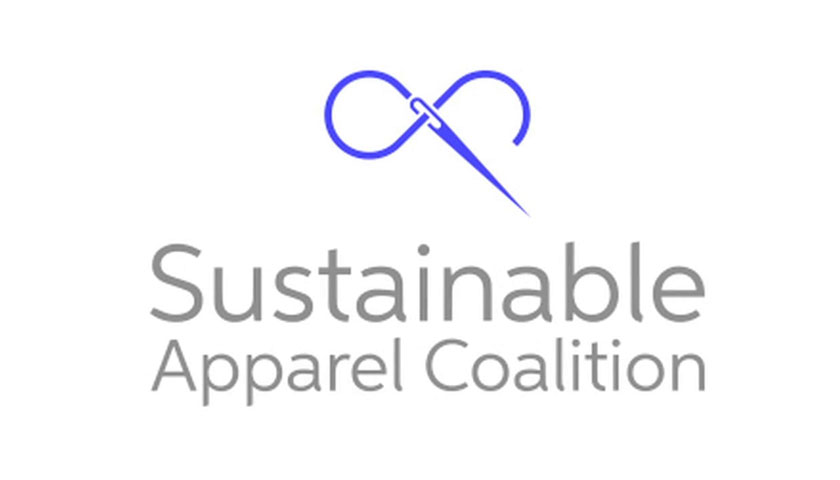The Sustainable Apparel Coalition (SAC) today announced an update to the Higg Materials Sustainability Index (Higg MSI), a tool that enables the apparel, footwear, and textile industry to assess the environmental impact of materials used in global manufacturing. Founded by Walmart and Patagonia eight years ago, today the SAC is the leading global association for the apparel, footwear, and textile industry. With the most recent update to the Higg MSI, businesses around the world can more effectively assess the environmental impact of materials as they design more sustainable products.
The Higg MSI, the industry’s most trusted tool for accurately measuring and scoring a material’s environmental impact, now features 80 base materials, including cotton, polyester, and silk. When blended, these account for the majority of all materials the industry currently uses. The update includes a new feature that enables suppliers to share sustainability performance information about their materials with brands and retailers. Such upstream communication promotes greater transparency and improved sustainability performance within the industry.
“With the opportunity to play a key role in determining a product’s sustainability performance, being a designer today is really exciting,” SAC CEO Jason Kibbey said. “With the Higg MSI, product designers can access an incredible amount of information, and then use it to significantly reduce environmental impacts of materials production.”
Applying trusted metrics, the Higg MSI assesses a material’s environmental performance and scores the results. Calculations account for energy, water, chemistry, and additional impacts used in material production, giving designers greater insight in creating more sustainable apparel. For the apparel, footwear, and textile industry, this can help companies design products that will attract and retain key consumers, who increasingly demand knowledge of greater transparency in how their clothes and shoes are made. Using more sustainable materials will reduce the environmental impact of global manufacturing and help businesses stay relevant in today’s marketplace of increasingly aware consumers.
Originally called the Nike Considered Index, the Higg MSI originated at Nike about a decade ago. In seeing the benefit global collaboration would bring ongoing development and industry-wide use of the Higg MSI, Nike contributed the tool to the SAC in 2012. Now one of the six tools comprising the Higg Index, the Higg MSI is considered the leading materials assessment tool for the industry.
“The Higg MSI has helped us make better choices to reduce our product footprint by providing critical insight and transparency into materials and processing decisions,” Joël Mertens, Material Technologies Integrity Engineer at MEC (Mountain Equipment Co-op), said. “We firmly believe that the Higg MSI can support other companies to achieve better, more benign products and manufacturing practices.”
“Across VF Corporation and our brands, we integrate material sustainability metrics into design decisions,” Sean Cady, Vice President, Global Responsible Sourcing at VF Corporation, said. “The Higg MSI provides an objective, comparable metric, which informs our material choices and allows us to meet consumer expectation and brand promises.”
The SAC’s global members have demonstrated the apparel, footwear, and textile industry already trusts the science-backed data the Higg MSI offers. “Other industries have approached us about how they could use the Higg MSI, making us realize there is an opportunity to expand the tool’s application in the coming months,” Kibbey said. The SAC is currently exploring access models for the Higg MSI for organizations outside the apparel, footwear, and textile sector to benefit from the tool.
The SAC, a global industry coalition that is standardizing social and environmental sustainability performance measurement, is constantly improving and expanding the Higg MSI. Higg MSI users are encouraged to contribute material data to the tool’s growing library of materials. Once data is submitted, it is reviewed and verified and scored by third-party experts.
